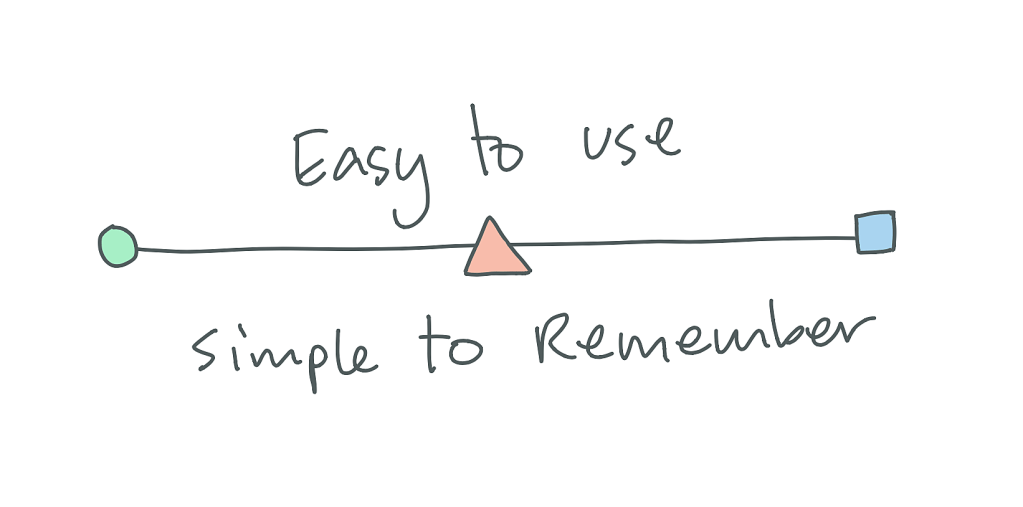If it’s a problem worth solving then there are people out there trying to solve it right now.
When someone goes to solve the problem your product was designed to solve, that’s your use case. That’s when they should be thinking about you and reaching for your thing.
Wait, so what problem is Facebook solving then?
Well, it’s solving lots of problems for lots of different people. It’s the largest app on the planet. A terrible benchmark.
You want to start with a single, primary use case.
You can add use cases and cater to more people as you go, but you need to start somewhere. If you have several use cases in mind, focus on the most expensive one first.
It is hard to take off when you have a mediocre solution to lots of vague, undefined use cases. People need to be hungry for that to work.
A top-notch solution for a specific use case, now that’s easier to pull off.
It’s easier because there is a built-in trigger that reminds people about your product: The problem. If you do a great job of solving the problem then people will remember you every time they have to deal with it.
‘The Facebook’ was exclusively for college students not too long ago. Mostly used to check out other students on campus. You’ve seen The Social Network. Amazon sold books. Airbnb was a place to crash at conferences. Craiglist was an email list about local events.
I’m sure there are loads of exceptions.
Doesn’t change the fact that being a great solution for a specific use case makes it easy to use and simple to remember.
